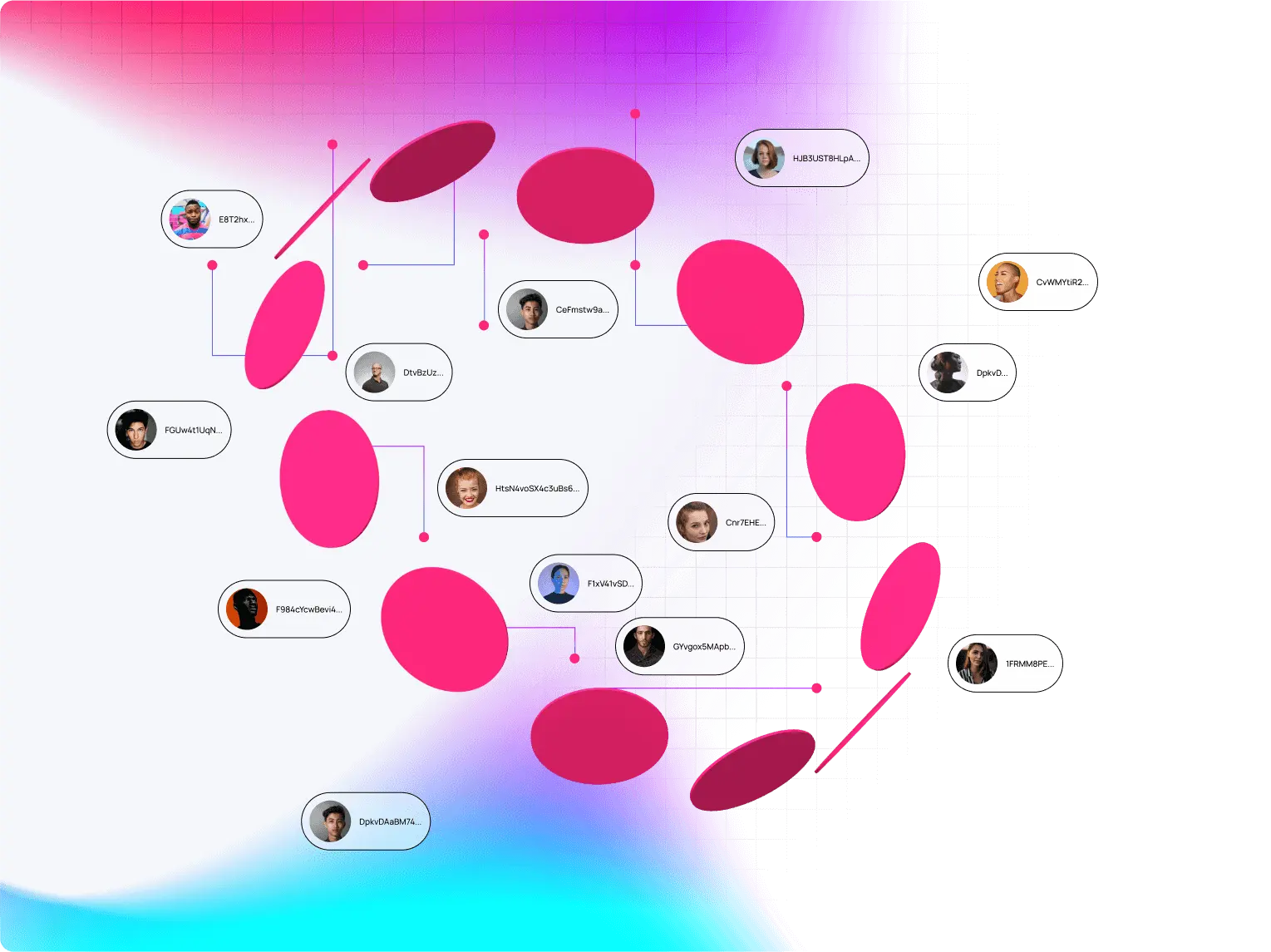OpenGov
The most advanced community-driven governance system with no central authority
Governance, revolutionized
OpenGov is the pioneering decentralized governance platform that empowers the community to be in full control of the network. Through full autonomy and upgradability, Polkadot is ready for whatever the future brings.

Upgradable
With Polkadot, decisions can be automatically enacted, which makes upgrades to the network adaptable to changing conditions indefinitely—a unique proposition for Web3.

Independent
On Polkadot, decisions are made by the community, not by centralized bodies or first-class citizens. While DOT tokens can be freely acquired, the initial allocation was designed so no single investor controls a large portion.

Unstoppable
By giving decision-making power to a decentralized community, Polkadot delivers another “first” in Web3: it cannot be stopped (even by its creators).
DOT holders are the driving force
Polkadot's on-chain democracy system puts control of the network into the hands of the 1.3M DAO members holding DOT today, making it the largest and most decentralized decision-making group in the world.
Explore DAO
Polkadot Fellowship
The Polkadot Fellowship is a technical expert body that all DOT holders can join. Although it lacks direct authority over the network, the Fellowship can classify proposals as safe, malicious, or time-critical, enabling faster bug fixes and threat identification.
Learn more
How OpenGov works
Polkadot OpenGov is designed to be flexible and adaptable, allowing for changes to be made quickly and efficiently. Additionally, it’s designed to be secure and resistant to manipulation, to ensure that the decisions made by the community are legitimate and transparent.

Enactment period: idea implementation
Accepted proposals are immediately executed after the enactment period, serving as a final failsafe.

Lifecycle of a referendum
For a proposal to be enacted, it must pass through three stages: lean-in, decision, and approval.
How is a referendum enacted?
If a proposal meets approval and support requirements, it moves to a confirming phase. The referendum must meet both criteria for a set amount of time for it to be confirmed. After another fixed time has passed, it is enacted.

Approval
The number of positive votes as a proportion of the total number of votes cast taking into account conviction

Support
The total number of votes in approval (i.e., ignoring any adjustment for conviction) compared to the total possible number of votes that could be made in the system
Polkadot OpenGov explained
Use OpenGov for your Web3 project
OpenGov is one of the many out-of-the box modules available in the Polkadot SDK. Learn how you can use OpenGov to power community-based decision making for your project.

Adapt and integrate OpenGov
Any project on Polkadot can integrate and benefit from OpenGov

Create onchain collectives or DAOs
Enabled by OpenGov as you governance design

Form an interest group
Make joint governance decisions on Polkadot

